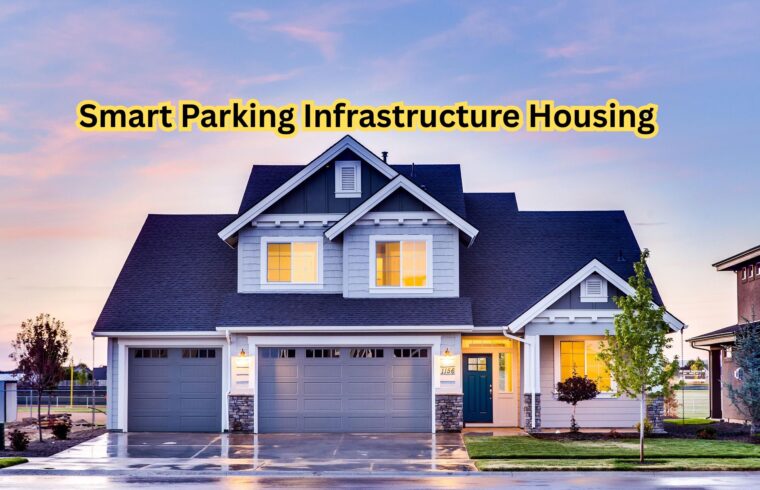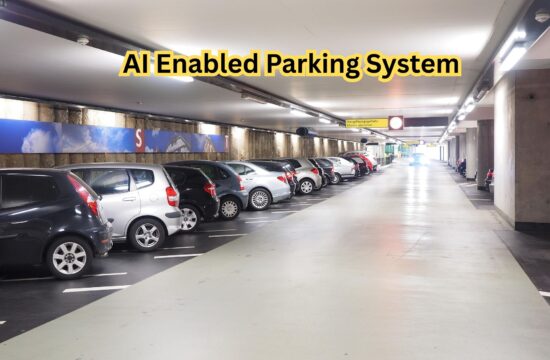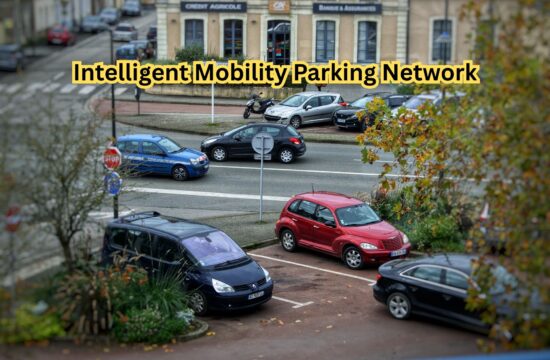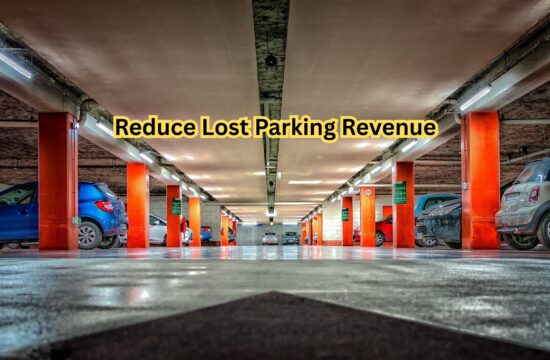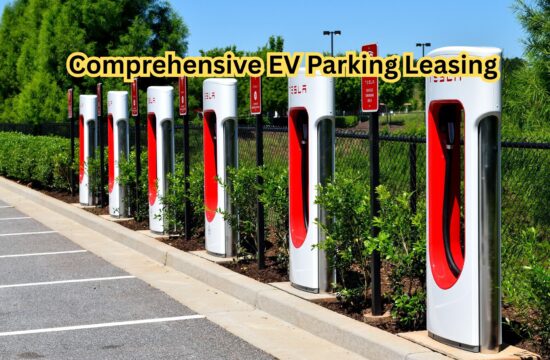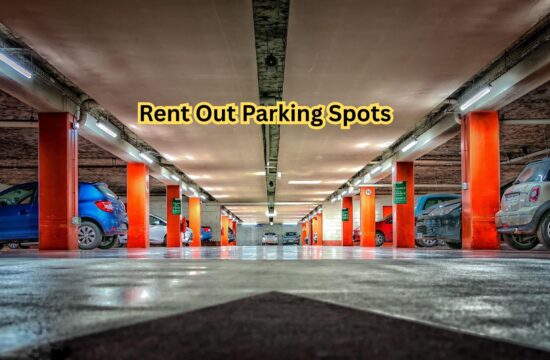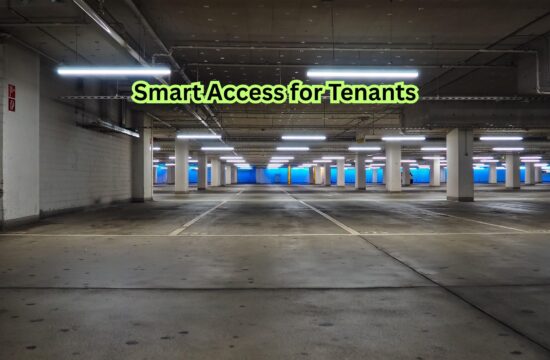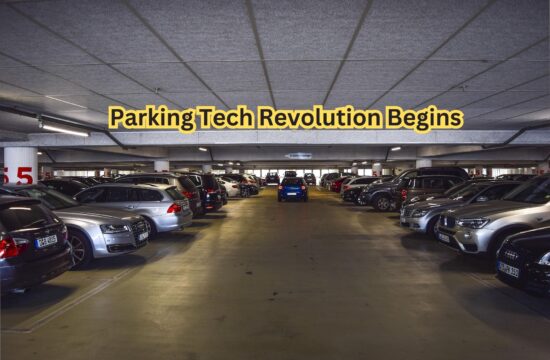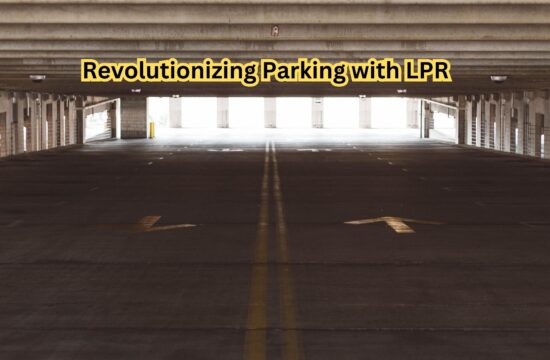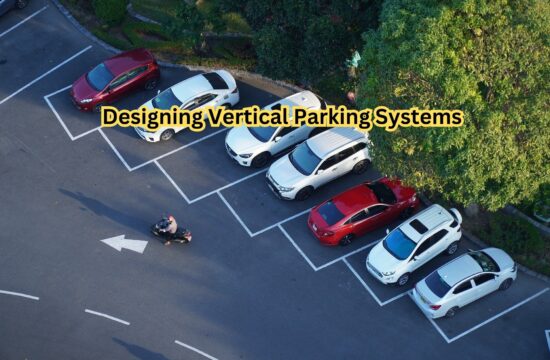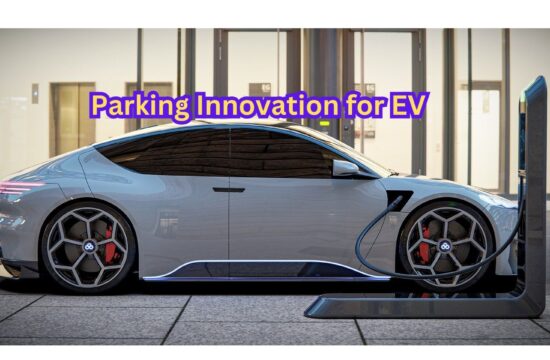Smart Parking Infrastructure Housing has emerged as a crucial need in the fast-paced urban environment of today, especially as parking continues to be one of the main issues facing residential complexes. Traditional parking solutions are no longer adequate due to space constraints and rising vehicle ownership. This is where Smart Parking Infrastructure Housing enters the picture, providing housing societies with effective, space-saving, and technologically advanced solutions. With the increasing demand for modern amenities, integrating Smart Parking Infrastructure Housing is becoming essential for sustainable urban living and efficient residential planning.
What is Smart Parking Infrastructure?
In order to optimize parking operations, smart parking infrastructure incorporates contemporary technology such as sensors, automation, data analytics, and the Internet of Things (IoT). These systems improve space efficiency and resident convenience by enabling automated entry and exit, real-time space availability monitoring, and mobile app connection.
Benefits for Housing Societies
Smart parking has several advantages for residential structures. Residents spend less time searching for parking, there is less traffic on the property, and automatic entry management increases security. It also enables housing developers to provide first-rate services without increasing the built-up area.
Key Technologies Used
Boom barriers, ANPR (Automatic Number Plate Recognition) cameras, sensors installed in parking spaces, and smartphone apps for scheduling slots are all common components of smart parking systems. Together, these technologies reduce the need for manual supervision by automating and monitoring parking activity around-the-clock.
Environmental and Economic Impact
By cutting down on fuel use and carbon emissions from cars sitting around looking for a place to park, smart parking solutions help the environment. Economically speaking, they aid in maximizing land use, reducing the need to build enormous parking lots or basements, which benefits both developers and homeowners.
Future of Smart Parking in Affordable Housing
It is becoming possible to include smart parking into even reasonably priced and mid-range dwellings as smart city projects expand. Now that affordable modular systems are on the market, developers can provide high-tech solutions without driving up real estate prices, opening up smart living to a larger demographic.
Conclusion
In contemporary houses, smart parking infrastructure is becoming a need rather than a luxury. Residential communities can benefit from increased sustainability, convenience, and security as well as future-proof their properties for urban growth by implementing intelligent technologies.

